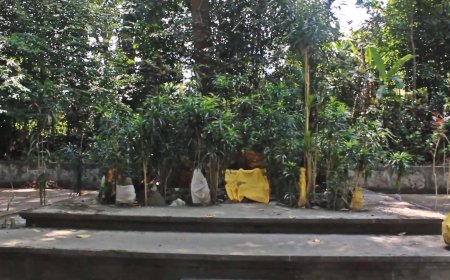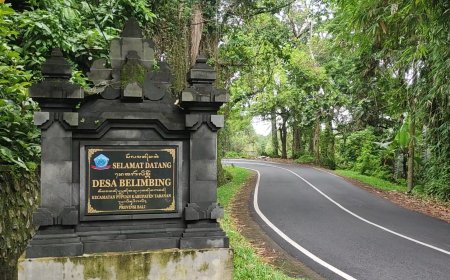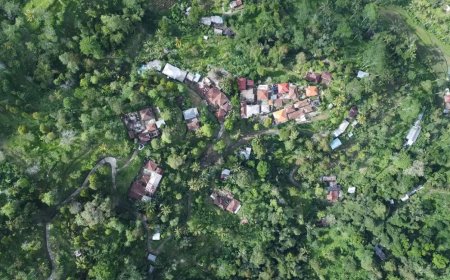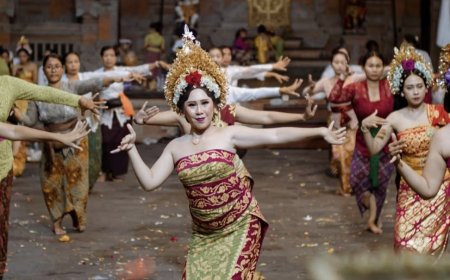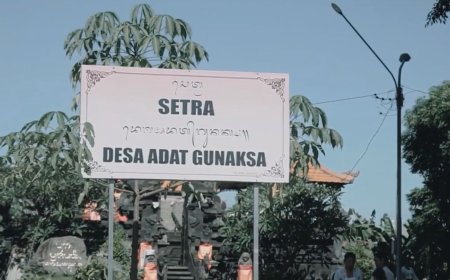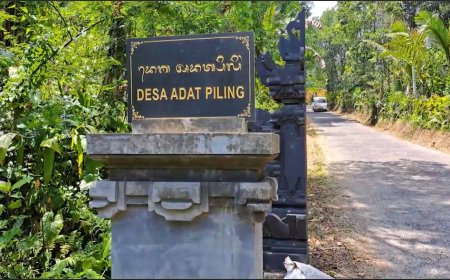Discovering Manggis Village: Where Culture and Traditions Thrive
"What's the first thing that comes to mind when you hear the words 'Manggis Village'? Is it a place known solely for its mangosteen harvests, or just a village you pass through on your way somewhere else? Well, surprise! Despite being relatively unknown to most, Manggis Village holds its own unique charm. Curious to find out more? Let's dive into this article!"
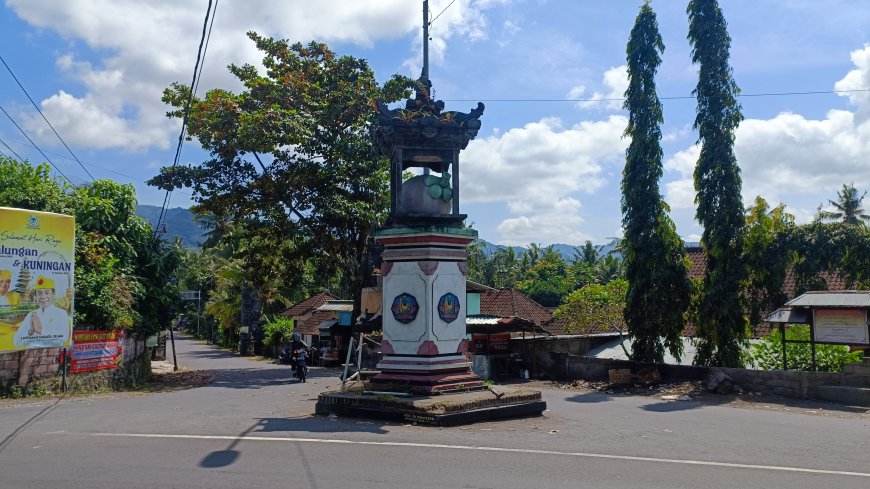
Desa Manggis is a village located in Karangasem Regency, Bali, with a geographical location on the east coast of Bali, approximately 10-15 kilometers east of the town of Amlapura, the capital of Karangasem Regency. The inhabitants of Desa Manggis, like many other villages in Bali, are predominantly Balinese people who adhere to the Hindu religion and are involved in various cultural and traditional Balinese activities. The main attraction of this village is its beautiful beaches, such as Manggis Beach and Candidasa Beach, which offer stunning views, clear seawater, and a variety of tourist facilities including hotels, restaurants, and water activities like snorkeling and diving.
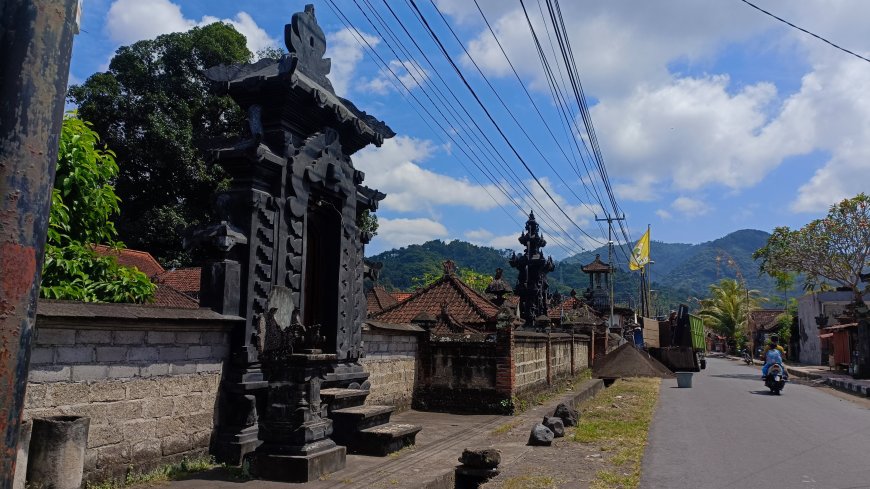
Manggis Village Settlement (Photo Source: Editor's Collection)
The village of Manggis, nestled in the heart of Karangasem, is a hidden gem waiting to be uncovered. This captivating village is not just about lush mangosteen orchards or breathtaking vistas, but also a place where tradition and community spirit flourish. It's a place where the rhythm of daily life is still dictated by the sounds of ancient ceremonies, like the colorful tooth filing ritual of Metatah that bridges childhood and adulthood, and the Ngaben ceremony, where ashes find their final journey. Yet, what sets Manggis apart is its unique approach to preserving traditions through collective efforts, such as massive participation in ceremonies that not only strengthen bonds among community members but also keep the beacon of their culture shining brightly. Here, even the youth don traditional attire, reminding us that in Manggis, the past, present, and future dance together in harmony, creating a vibrant tapestry of Balinese culture.
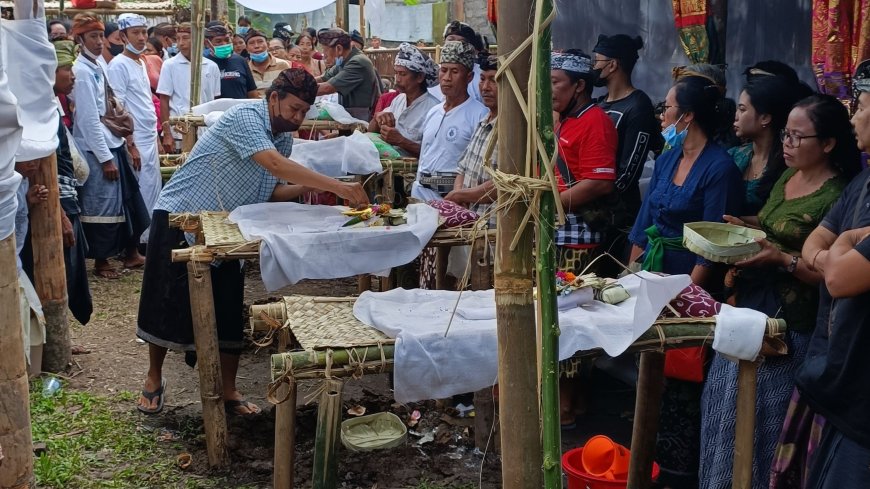
The process of bathing the body without its physical presence (Source Photo: Editorial Collection)
The Ngaben Ceremony Without a Body in Manggis Village, Karangasem, is an important event in the tradition of Balinese Hinduism, rich in meaning and rituals. Preparation for this ceremony begins when an individual passes away, and their family coordinates with a local priest to determine the most suitable date based on complex Balinese astrology. This ceremony is rarely conducted because it can only take place when there are circumstances preventing the ceremony from being held under normal conditions. The Ngaben ceremony without a body was performed due to the ongoing COVID-19 pandemic at the time. In Manggis Village, this ceremony is often conducted collectively, not only to reduce costs but also to strengthen the bonds of kinship among the village community.
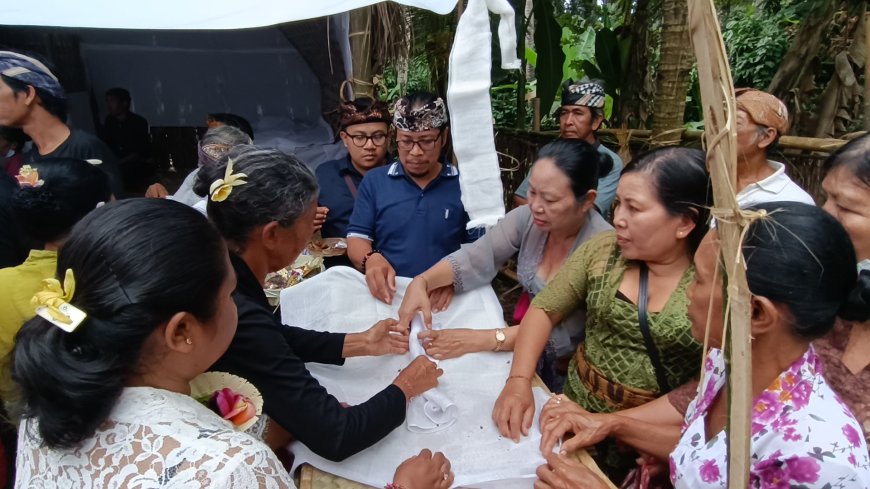
The process of bathing the body without its physical presence (Source Photo: Editorial Collection)
As the chosen date approaches, intensive preparations commence.
The main procession starts with the parade of the "Lembu" or "Bebadak," a bamboo and wood replica of an animal adorned with beautiful fabrics and decorations. The Lembu is carefully arranged and paraded to an open field prepared for the ceremony. Simultaneously, a priest (pemangku) leads a series of sacred mantras and prayers, accompanying the Lembu's journey to the sacrificial site. T
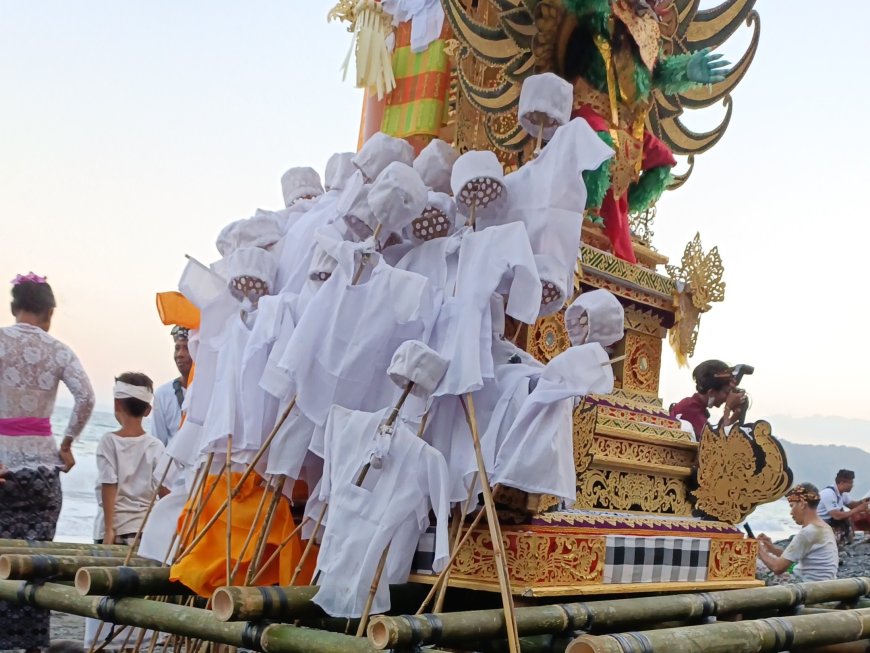
The process of scattering ashes into the sea (Photo Source: Editorial Collection)
After the Lembu has burned completely, and its ashes have cooled, the ashes are collected and scattered into the sea or a river. This is the final step in the Ngaben Without Corpse Ceremony, which holds deep significance. By dispersing the ashes into the waters, it is hoped that the liberated soul can return to the universal elements in harmony with the natural world.
Aside from the mass gatherings held ceremoniously, Agriculture and horticulture also play an integral part in the life of Manggis Village. Mangos and oranges, produced with love and expertise by the village residents, have become renowned flagship products. Nestled amidst breathtaking mountains and captivating seas, this village offers extraordinary natural scenery and is a paradise for nature enthusiasts and beauty admirers. What truly makes Manggis Village unique is the harmony it has created between nature, culture, education, and the economy, all of which blend together into a captivating unity.
